Dr Peter Sloan is a lecturer in the Department of Physics at the University of Bath, working across Physics, Physics and Mathematics, and Natural Science programmes. He is the winner of the Innovation in Learning and Teaching Award 2018, which was presented to him at the Education Awards in April this year. Peter is the founder of the UNI-LAB Maker Club, which aims to nurture students' enthusiasm for 'practical science', encourage peer learning and support, and offer opportunities to learn critical skills for final-year projects and in future careers.
What can you see outside of the window?
From my office I get a view of the lower reaches of Wessex House.
What does your average day at work involve?
Yesterday: organised the marking of 35 lab-books, 35 lab reports and 2 extra reports; read through the draft reports of my two final-year project students; asked two colleagues to read through a paper I’ve nearly finished writing; met with PhD student #1 to discuss experimental plans; met with new PhD student; chatted to a colleague about Einstein’s “twin paradox” (it’s not a paradox) and general relativity; looked at data for my group's next paper (it’s nice); picked up kid from school; began setting up a Moodle quiz while they were at Taekwondo.
Why do you think teaching at your university is important?
The knowledge we have of how the world works is glorious. Apart from training and inspiring the next set of scientists, it is so important to allow all those curious and inquisitive folks to be guided so they can see how things are. It should be a university's business to divulge that knowledge as widely and loudly as possible.
What do you hope the impact of your teaching will be?
I am reasonably short sighted, both in teaching and eye sight. I hope my students come away with an understanding of, for example, quantum mechanics, or experimental science. But I do also hope to break the barrier that science is “done”, just a thing in a book, an equation or calculation. If I can get a few to see and appreciate it’s all just best guesses and things that seem to work, I will feel a job well done. If I can get the main peak of the bell-curve of students to say “ah!” I’ll be happy. I’ll add that I do hope to inspire the top-end of the curve as well. Through the MPhys fourth-year projects in my lab, my group has managed to produce four PhD students, one for me, one other in Bath's Department of Physics, one at Birmingham and one at Bristol. If they go onto be successful, I’ll be immensely proud.
"The knowledge we have of how the world works is glorious... It should be a university's business to divulge that knowledge as widely and loudly as possible."
Who has inspired you most in your teaching career?
The Director of Teaching in the Department of Physics Dr Fran Laughton. We regularly chat about teaching from big ideas to tiny details. She has been instrumental in giving me the freedom (and hours in the workload model) to rejuvenate courses, try new approaches and experiment. And she offers the occasional gentle sanity check for my more outrageous ideas. I would add, that for all my grumblings about the Bath Course, quite a few of the ideas planted there have slowly germinated and now are appearing in my approach to teaching.
When did a lecture go wrong and how did you overcome it?
Over the years I have pared back my teaching apparatus so that there is little to fail. I generally use pen and paper and the visualiser. Recently my biggest fail was not taking my “fill in the blanks” notes, but one of my students donated theirs for the duration of the lecture. Last year I did miss a lecture, the only time I have managed this in eight years. So later that day, I sat in a lecture theatre and recorded myself and the whole one-hour lecture. Except I was in the wrong room. So later still, I did the whole thing again.
Recommend a book, film or album from the past year.
The last Star Wars film. My mate was the head of the Green Team (trees and stuff). The trees were excellent, but the film not so much. As for books I’d recommend Dirty Bertie over Horrid Henry any day.
What is the biggest change that you've made to your teaching since you started your career?
I’d say my teaching is always evolving, perhaps at different rates depending on the year. The biggest change has probably been over the last year. I was swimming and drowning in e-mails, drop ins etc. from my lovely students. This academic year I have made quite stringent regulations on how the students can access me, which Moodle forums to use, times to knock on my door, or what to include in an e-mail so I can get the point. It has been a great success for me controlling my time and I think for the students as they now have a good firm set of rules that we can both follow. It also gives a bit of breathing space; that enforced breathing space very often the questions will be answered with no input from me. Proper student-led learning.
What piece of advice would you give to someone just starting out in teaching at university?
I have told anyone who would listen that our students are here because they want to learn; that teaching that looks easy and effortless involves a ton of work. As Sir Jackie Stewart said, “to fail to prepare is to prepare to fail”.
What three things would you take to a desert island?
Some sort of sea-going ship. A ship’s captain. A ticket.
[Photo credit: Ashish Nagpal]
Respond


